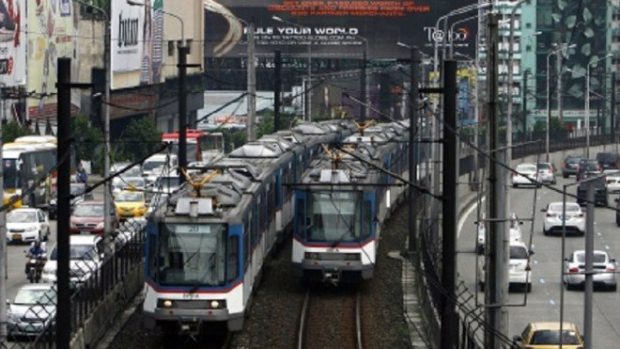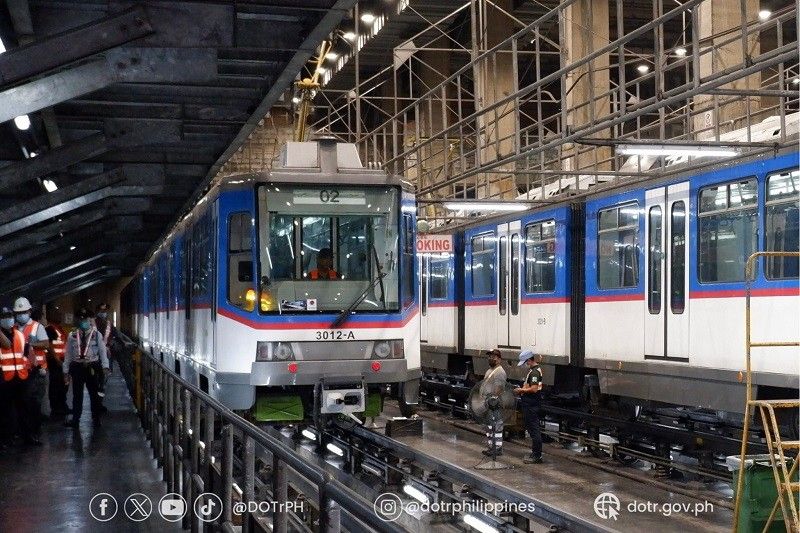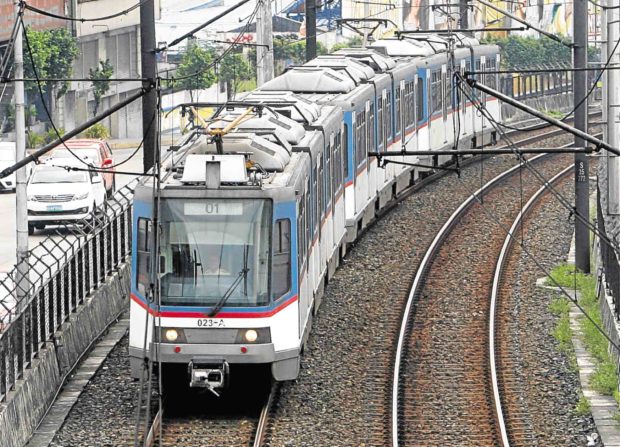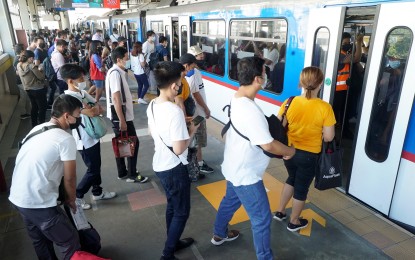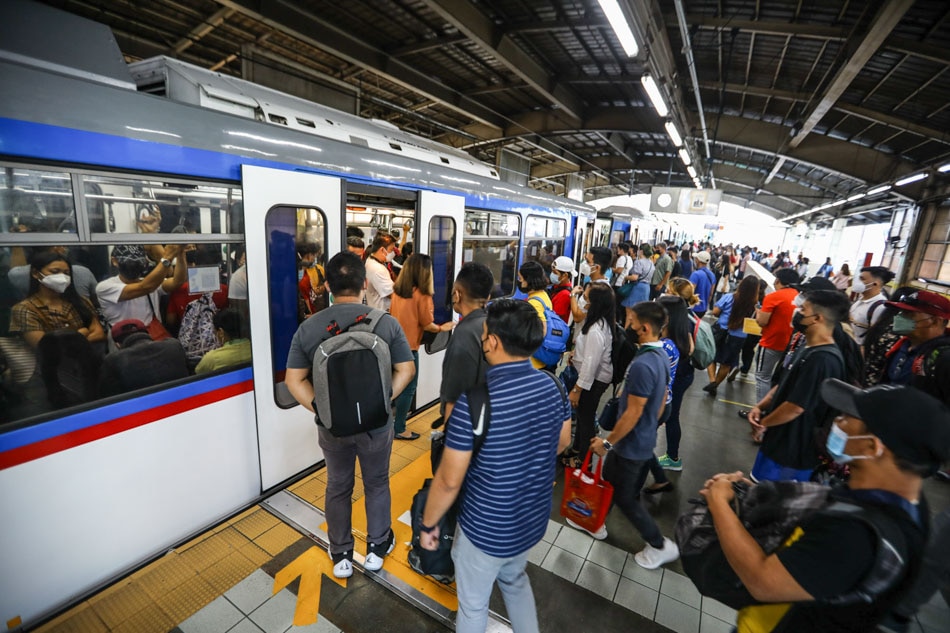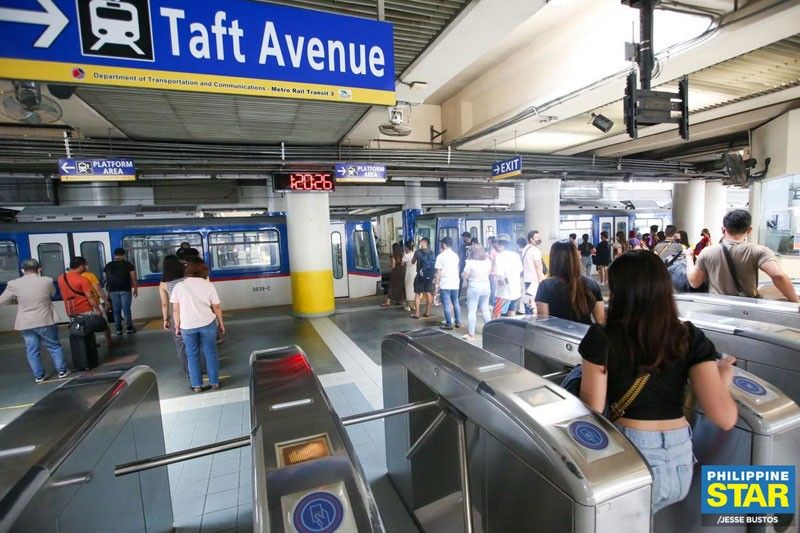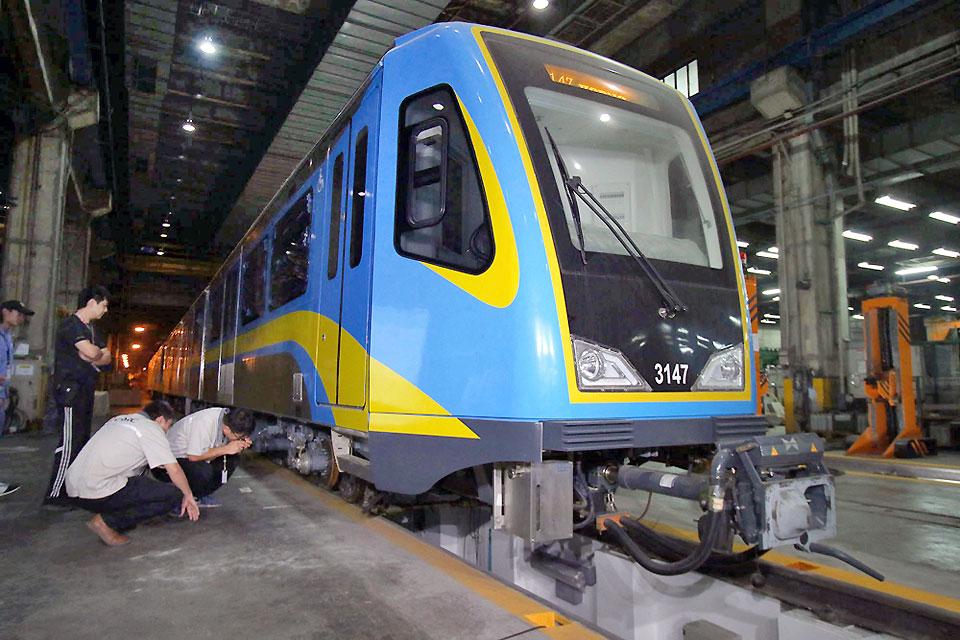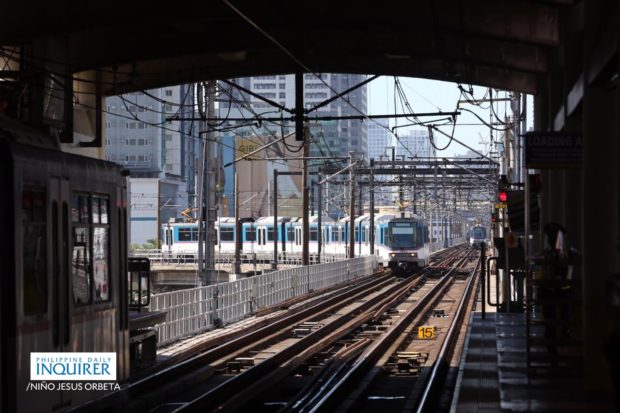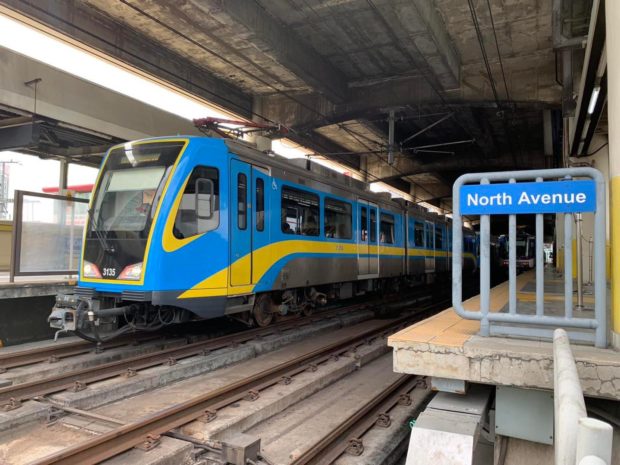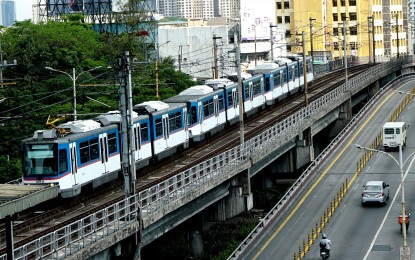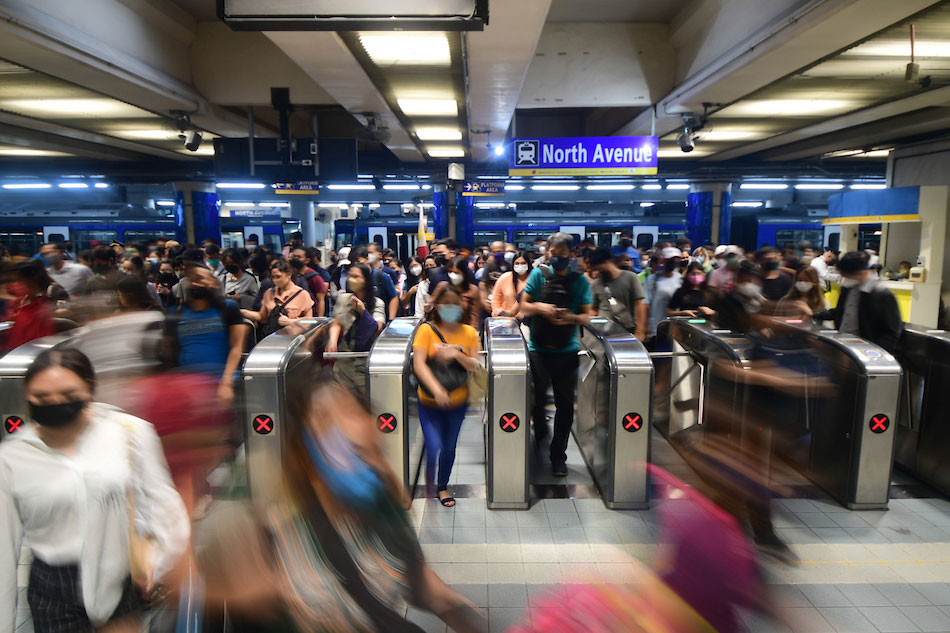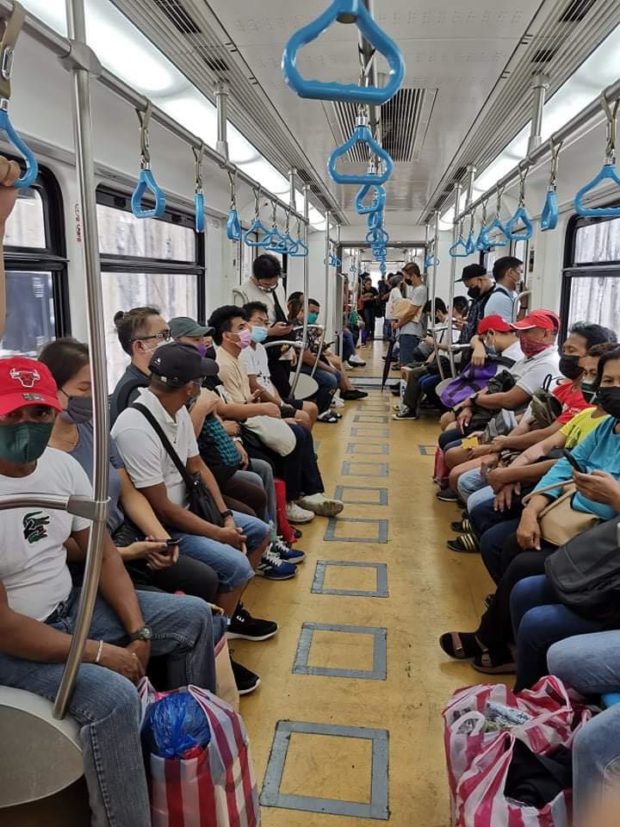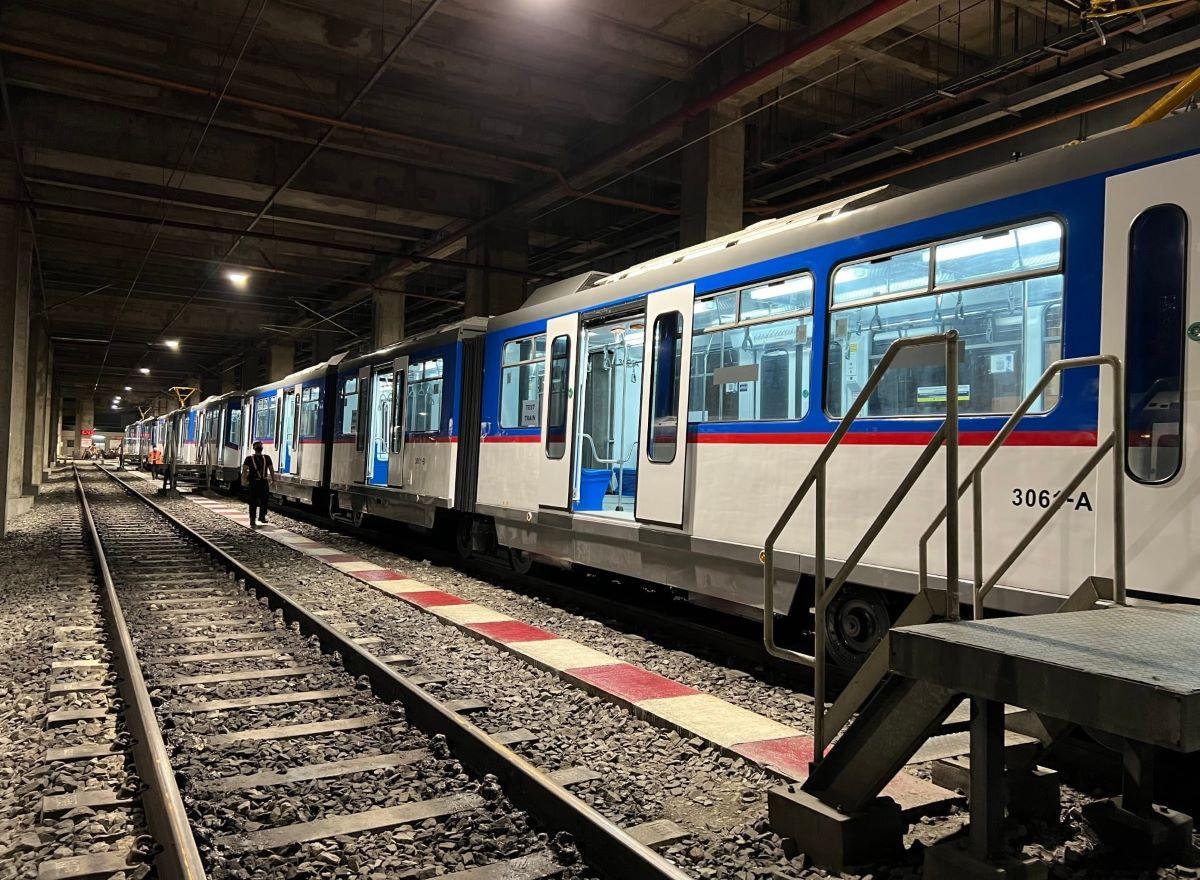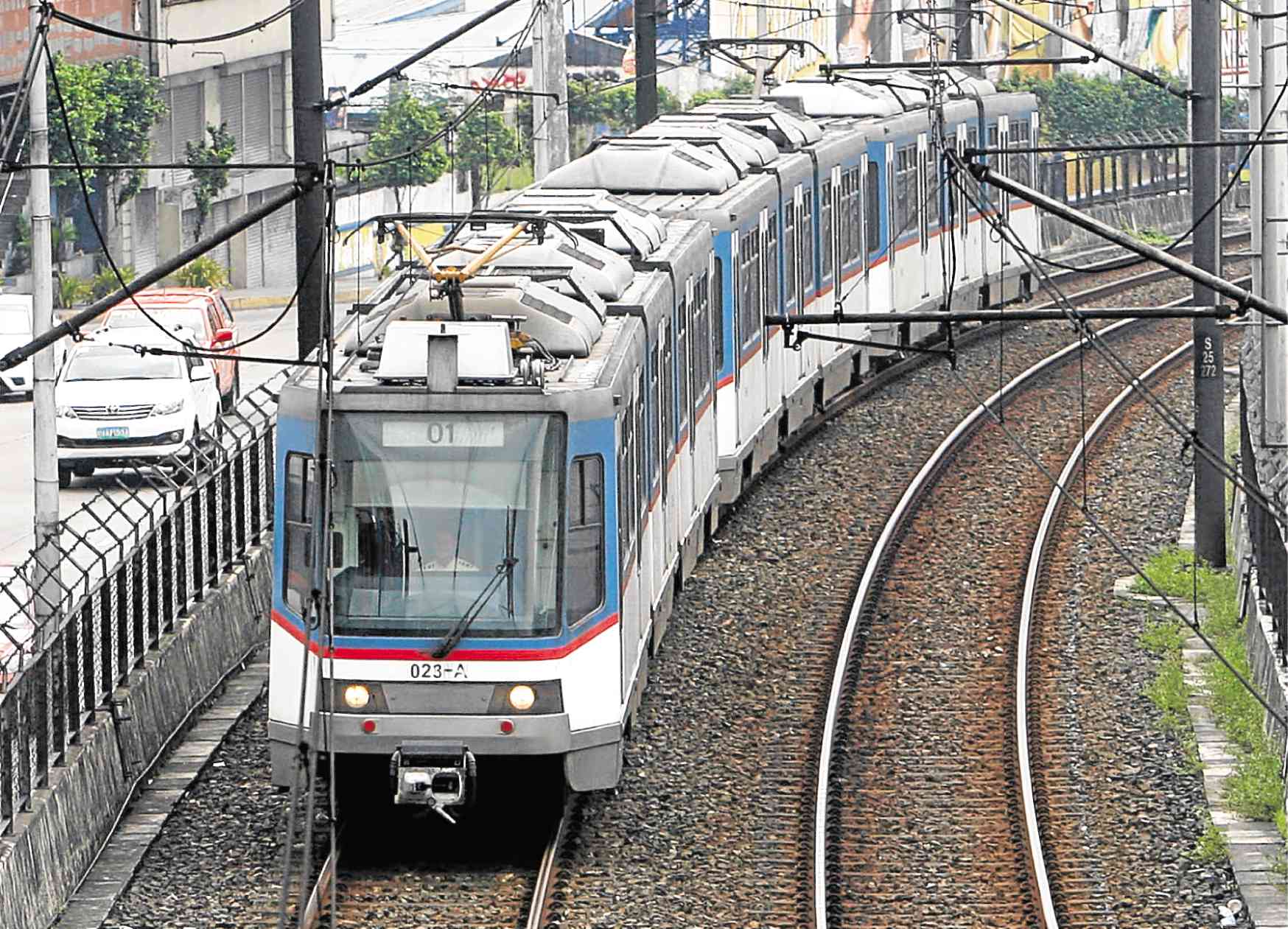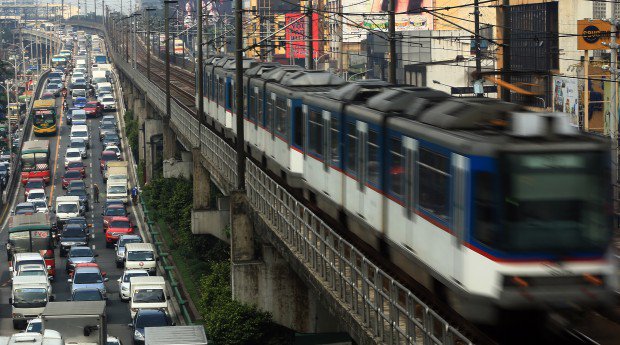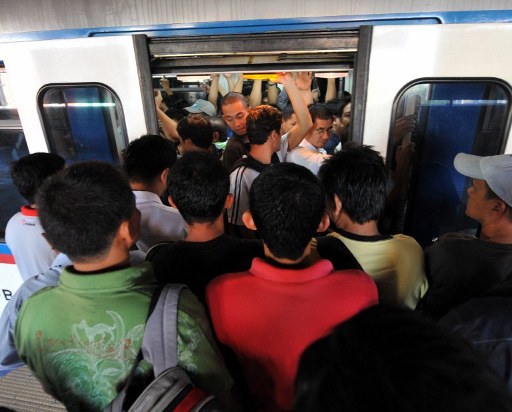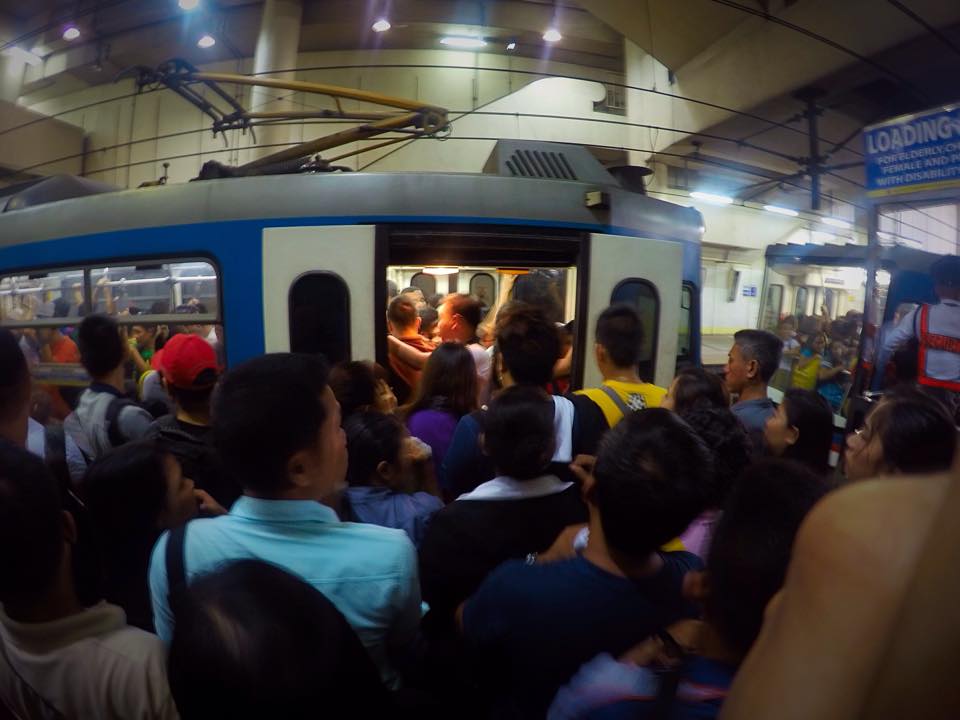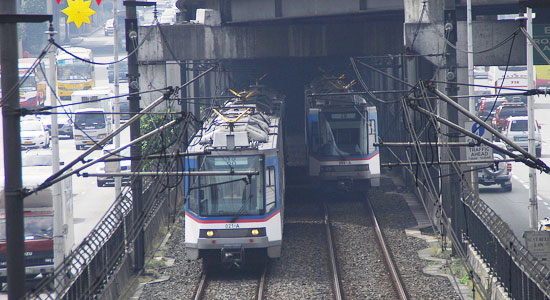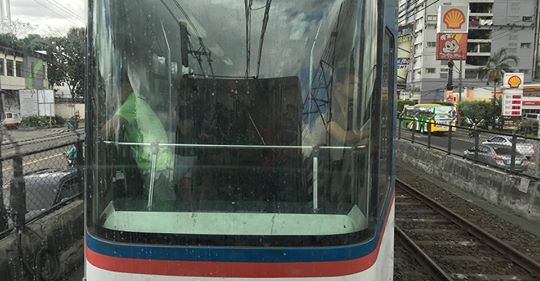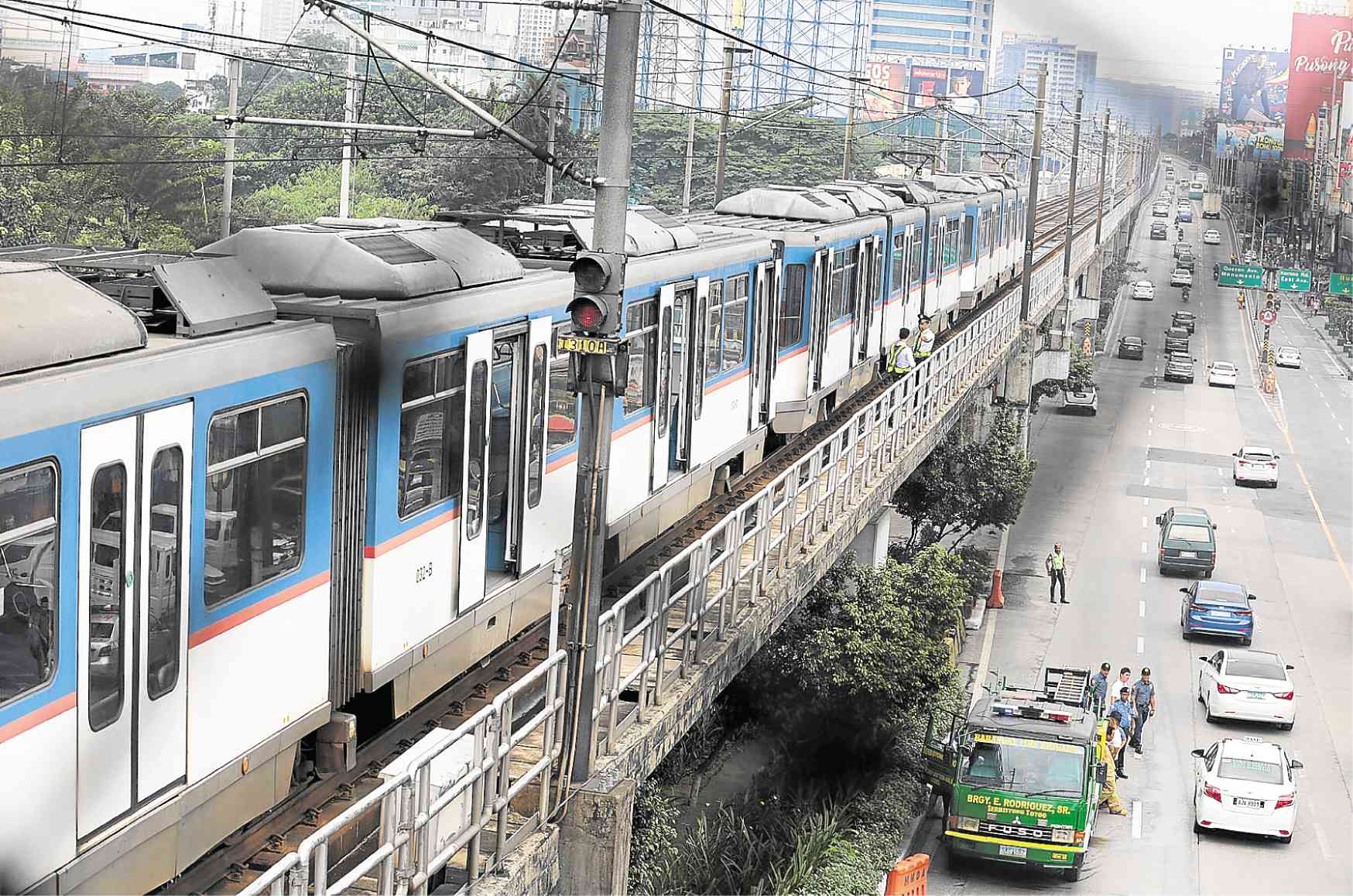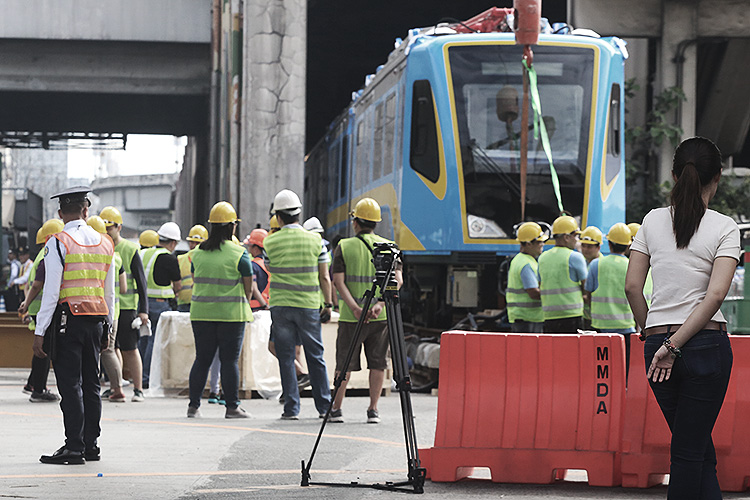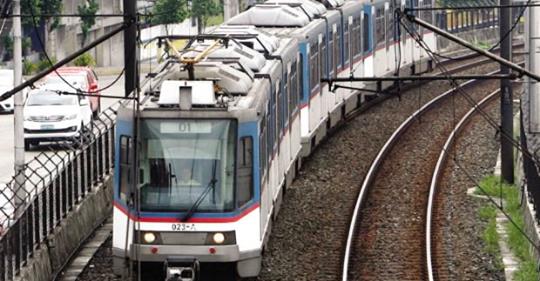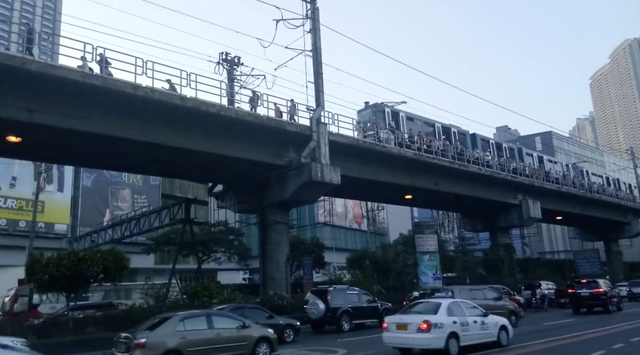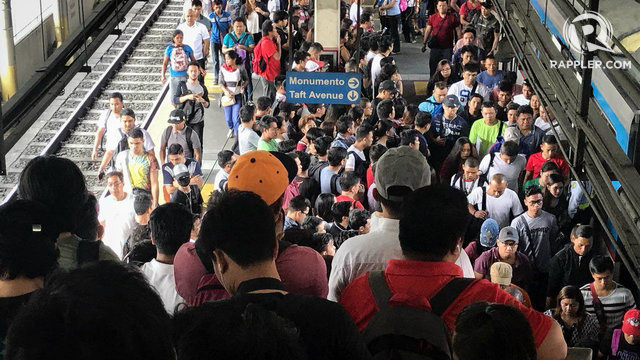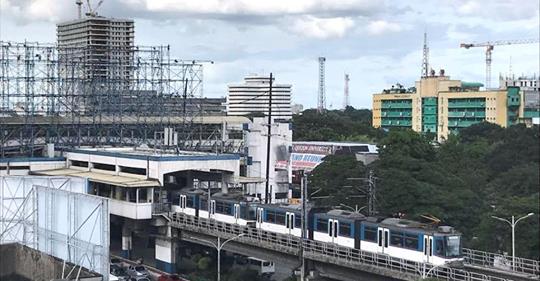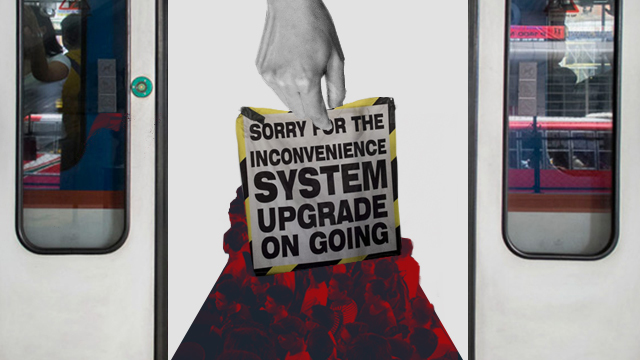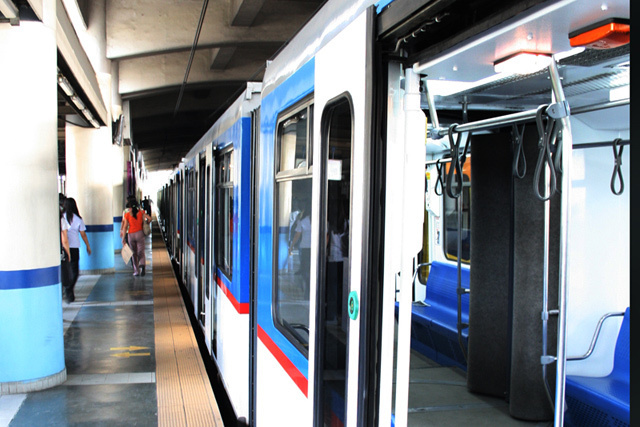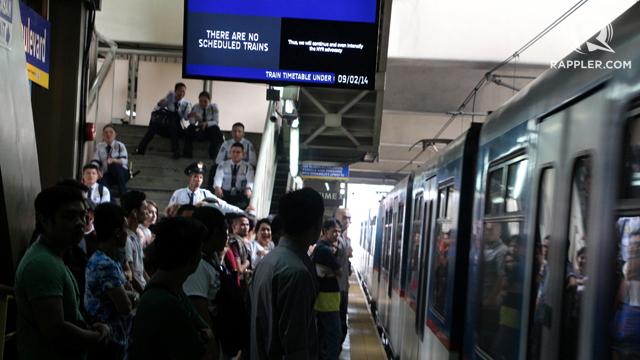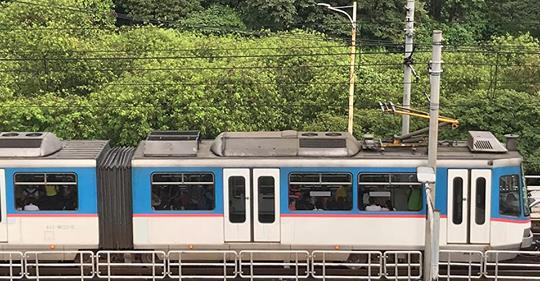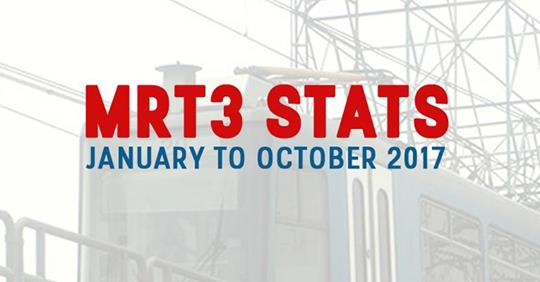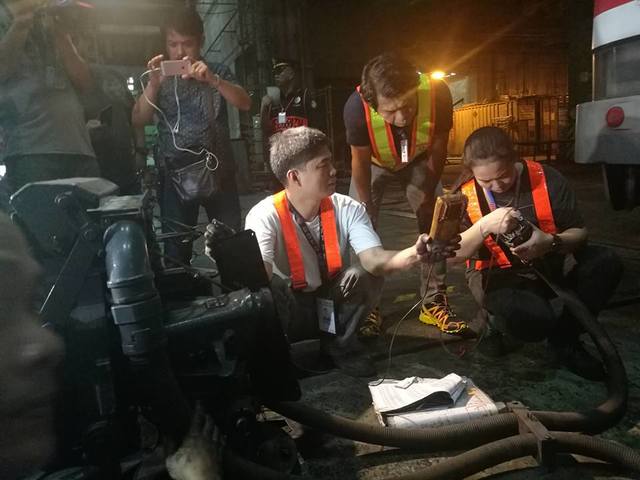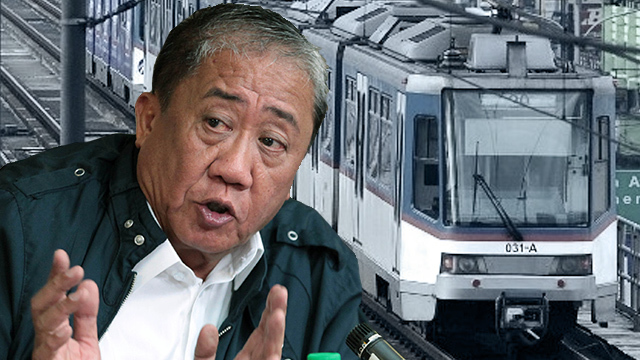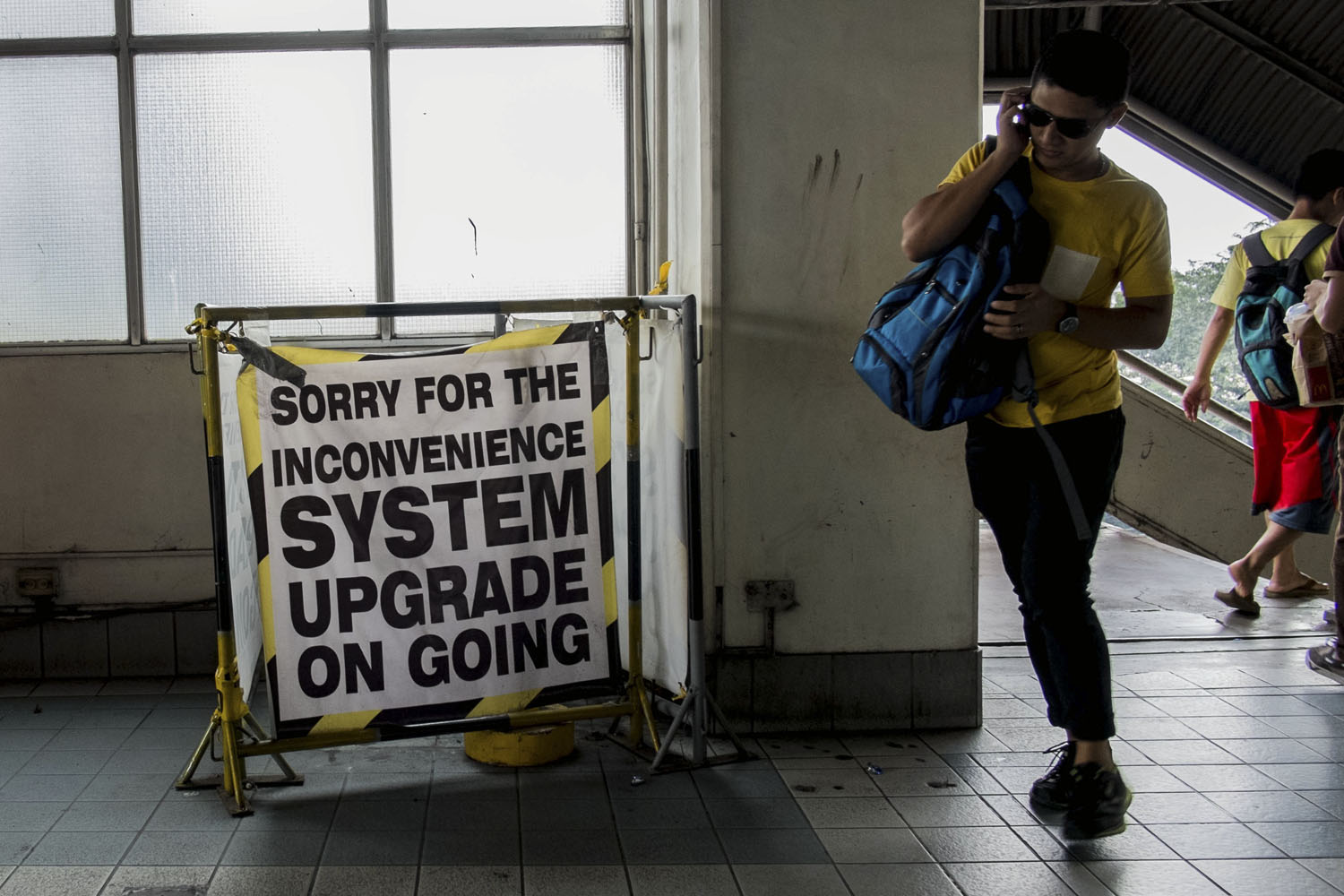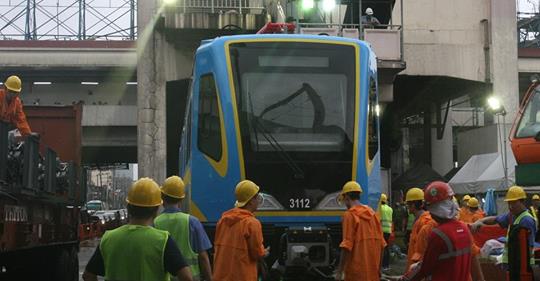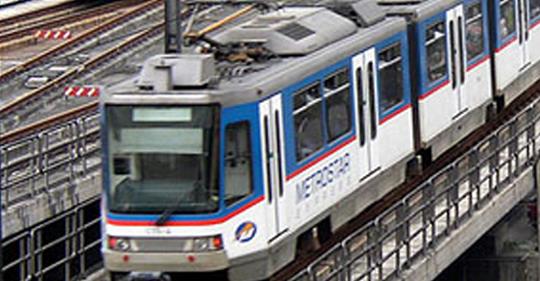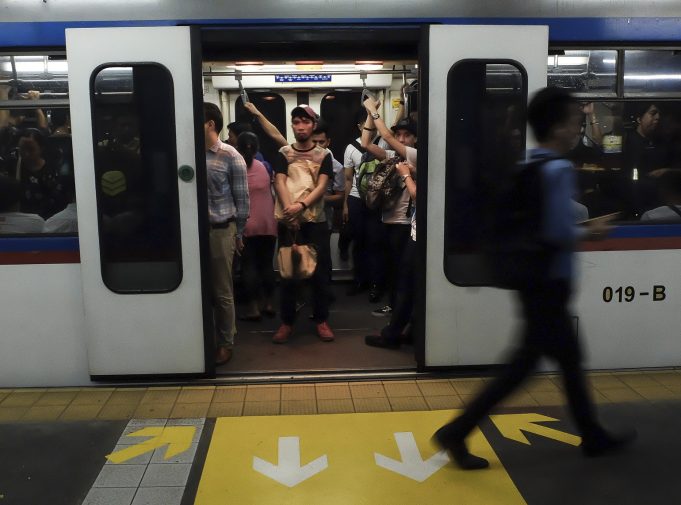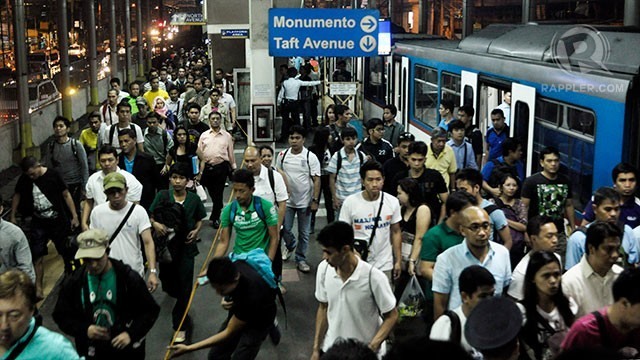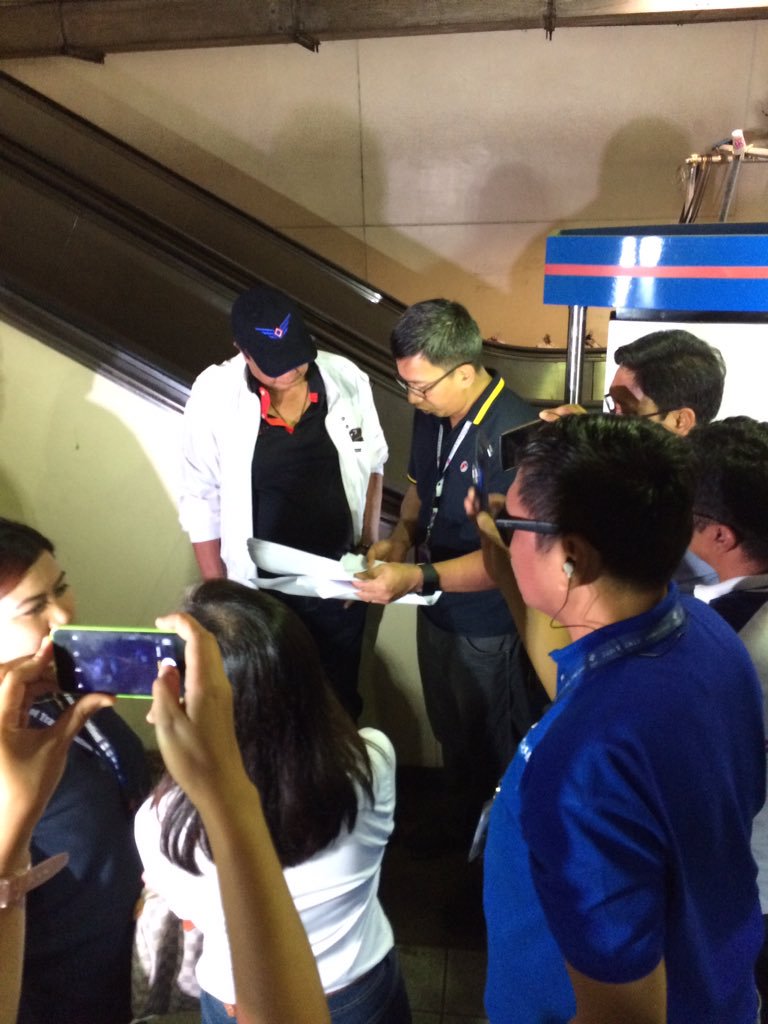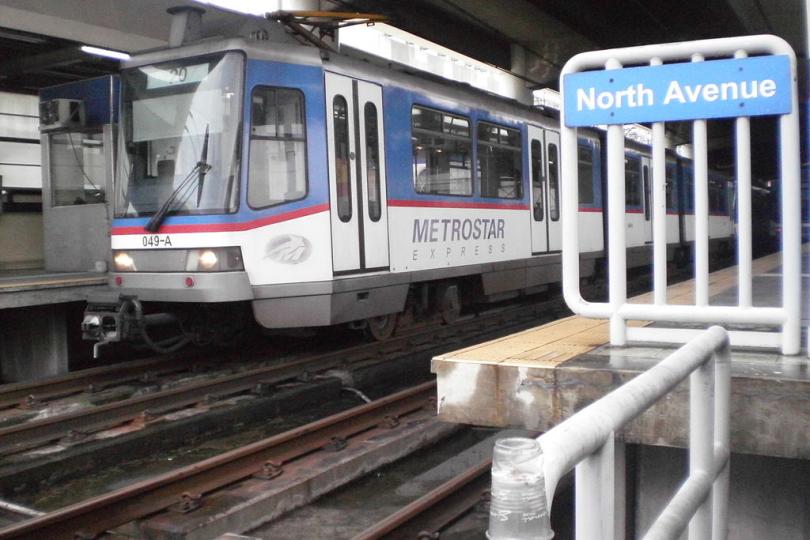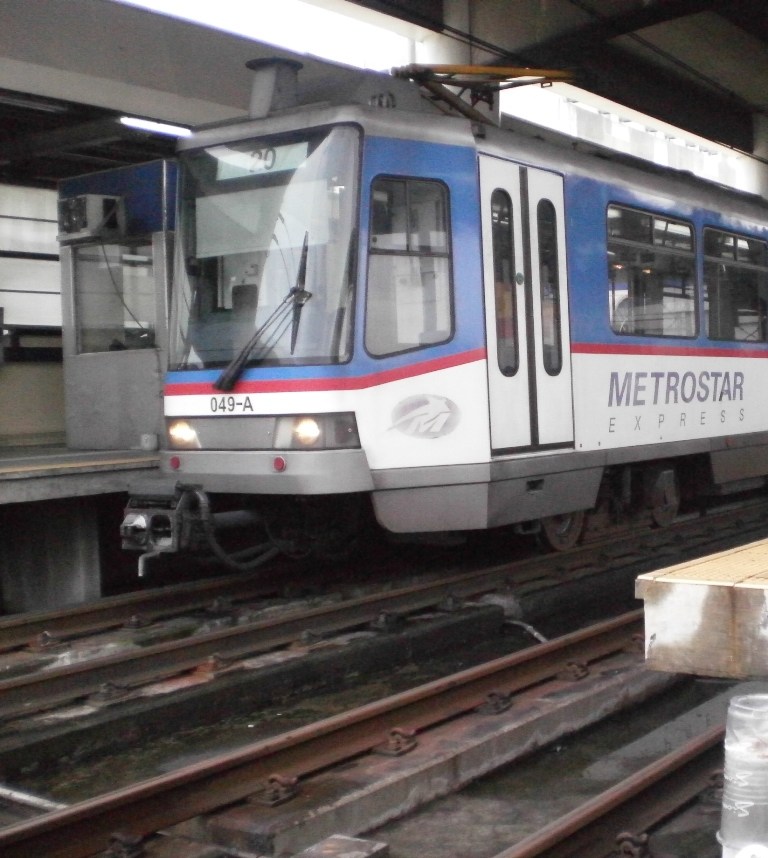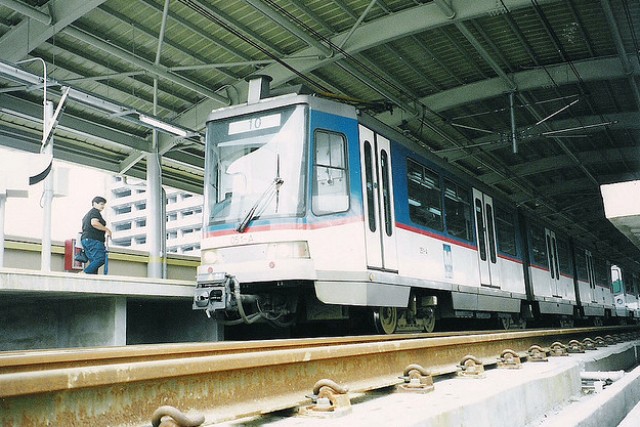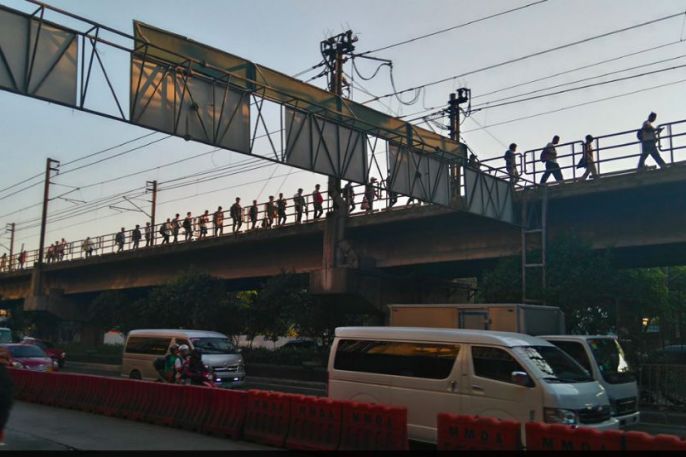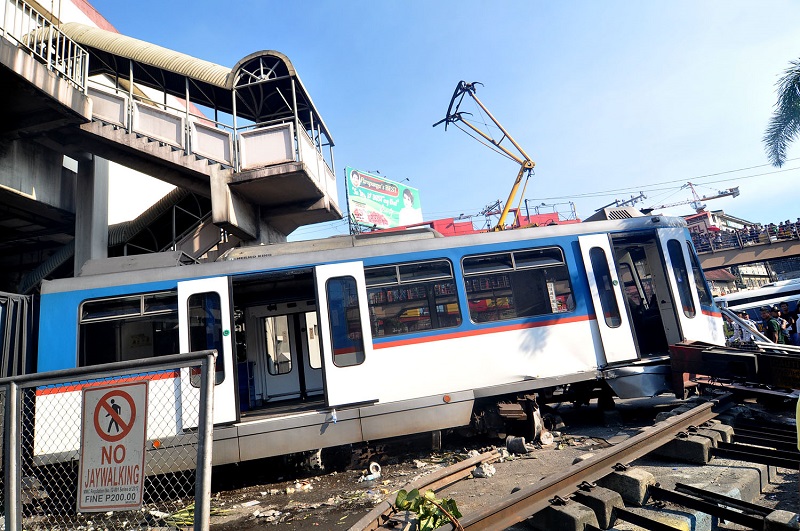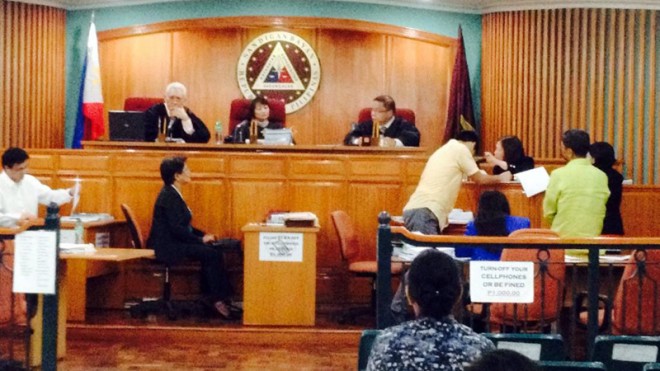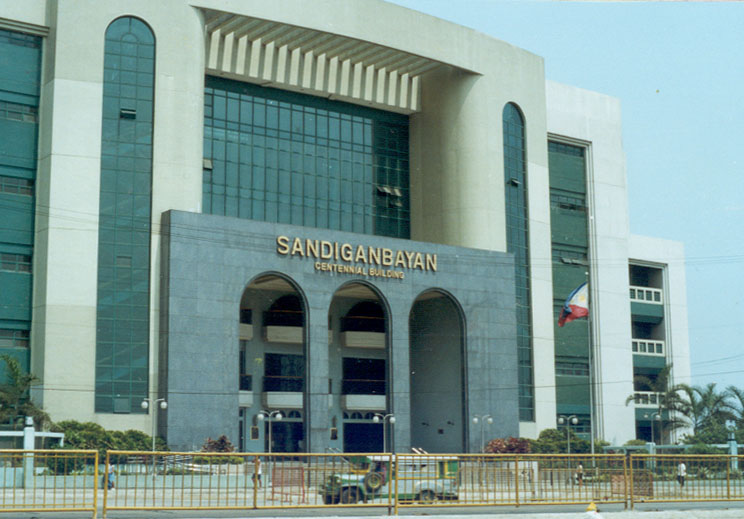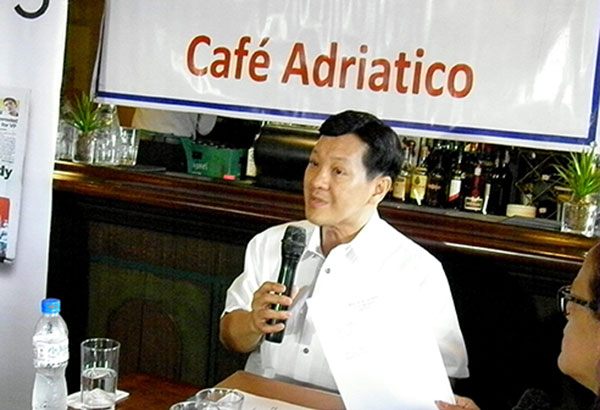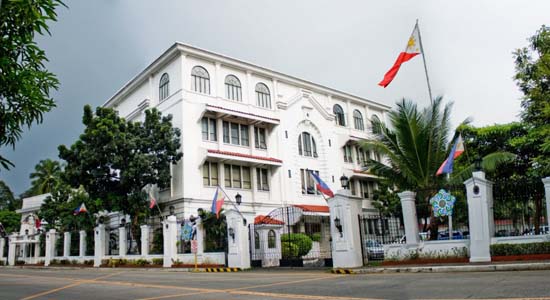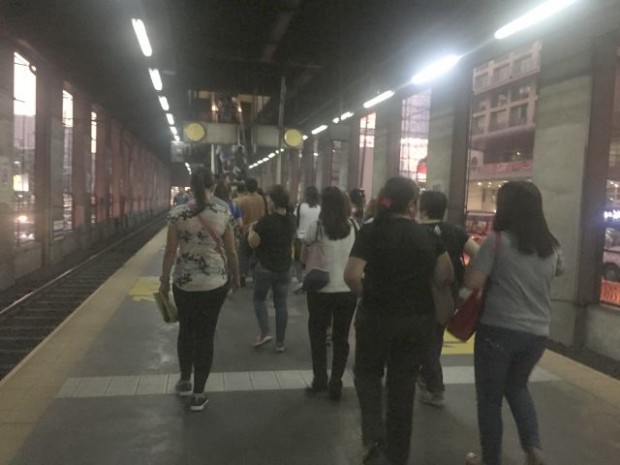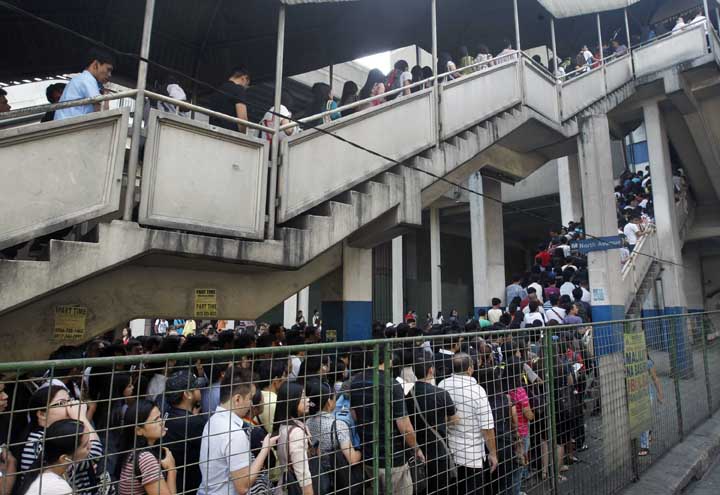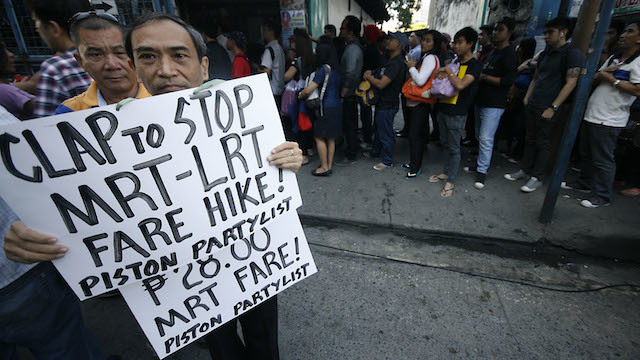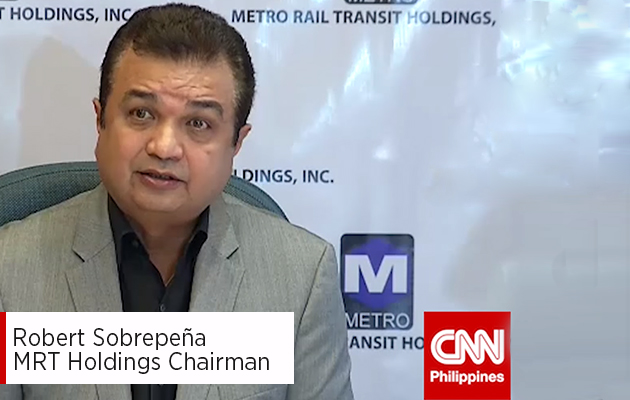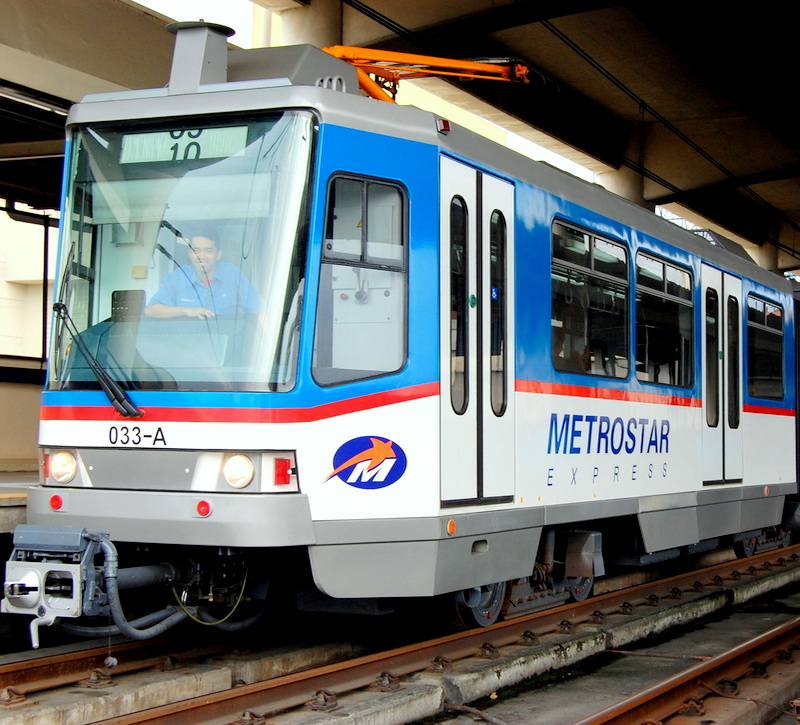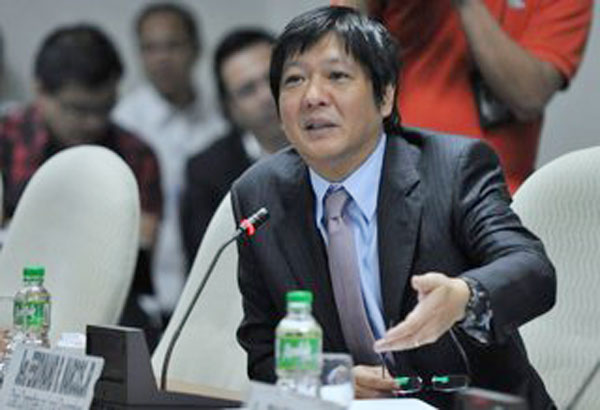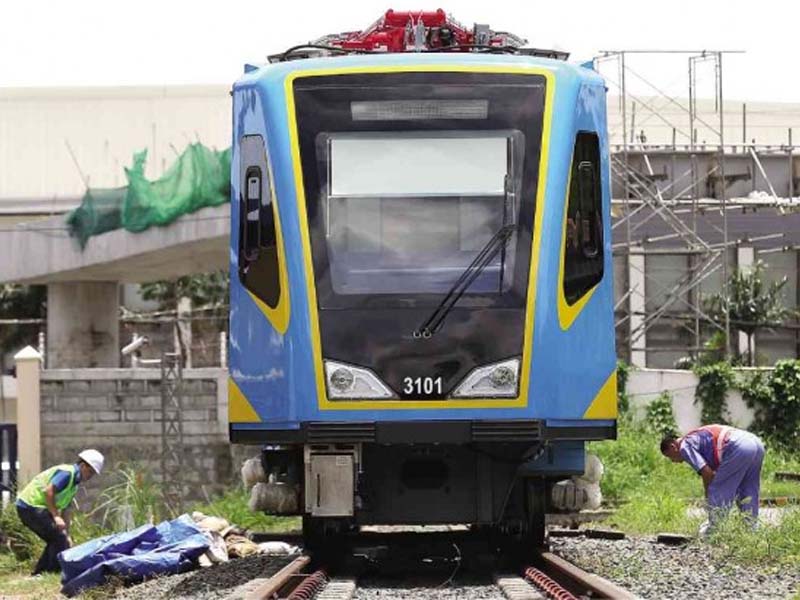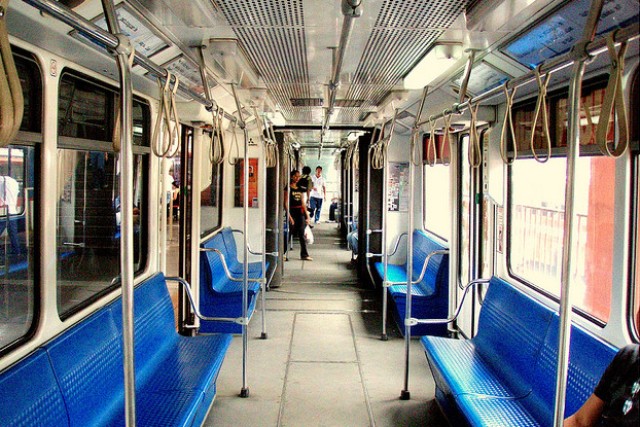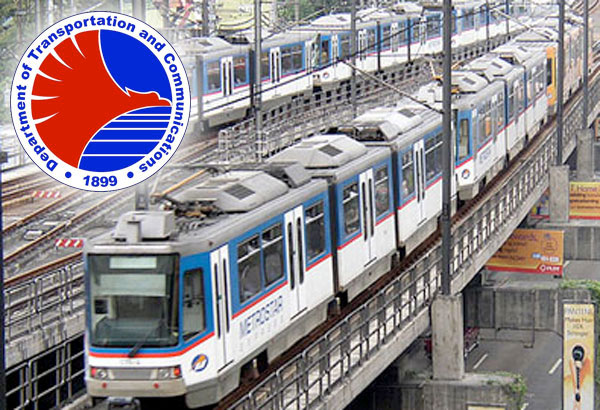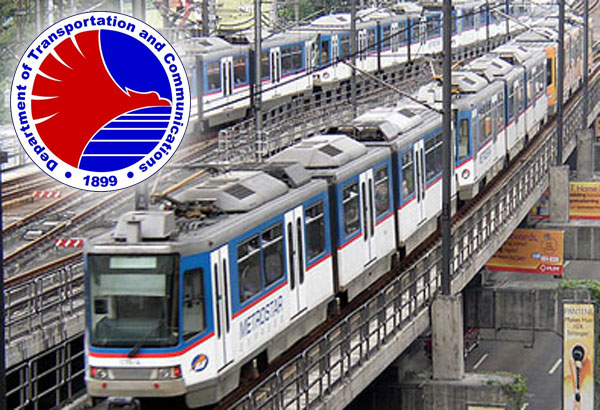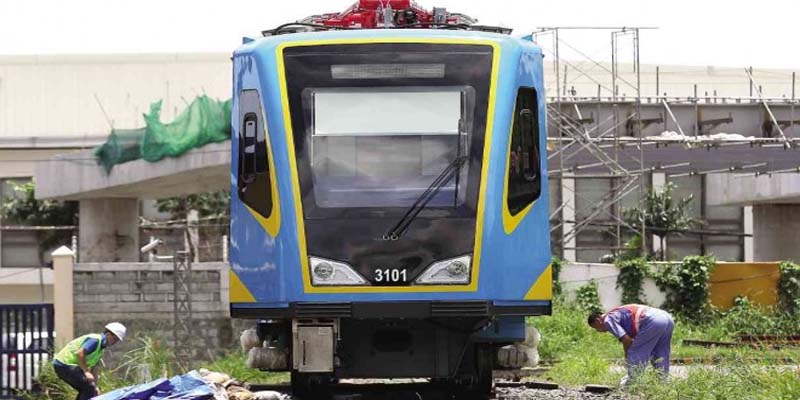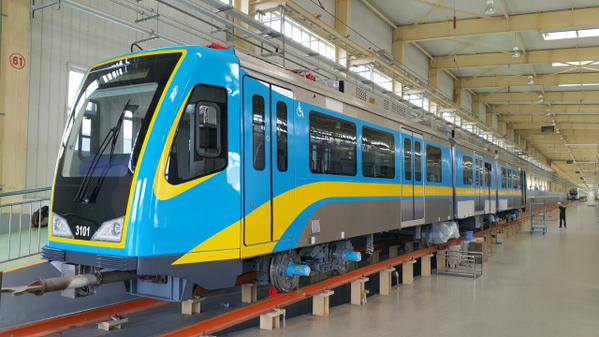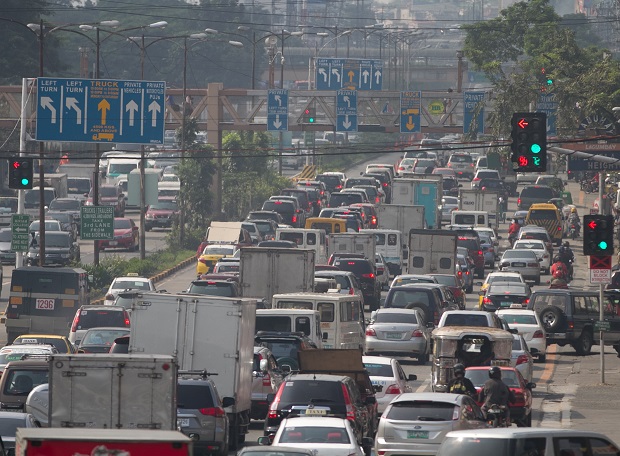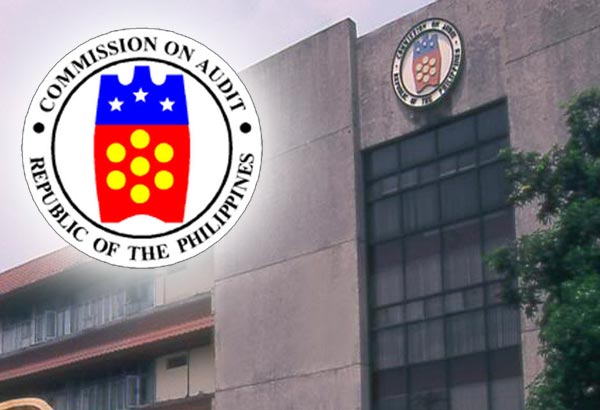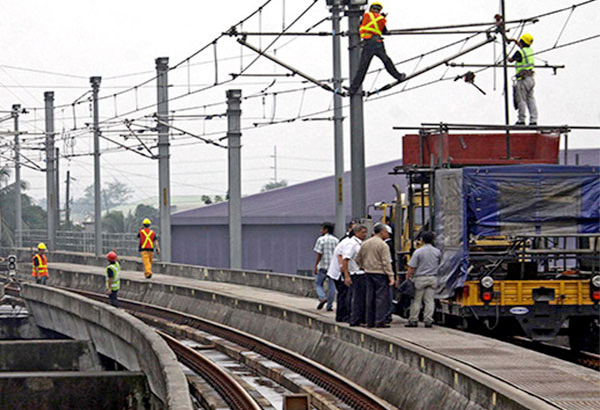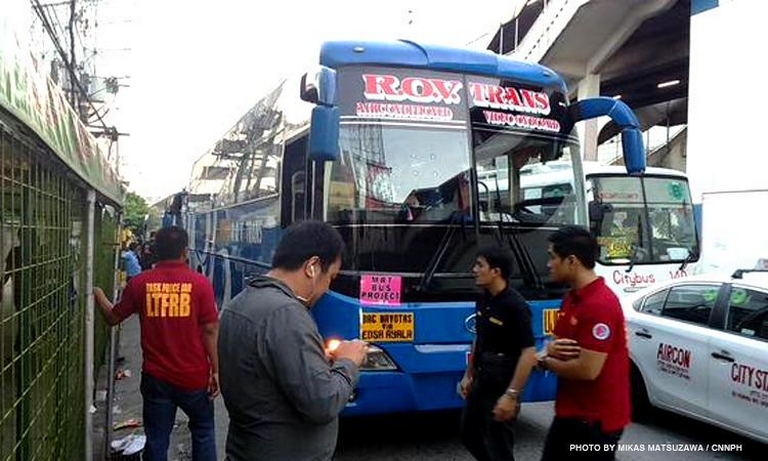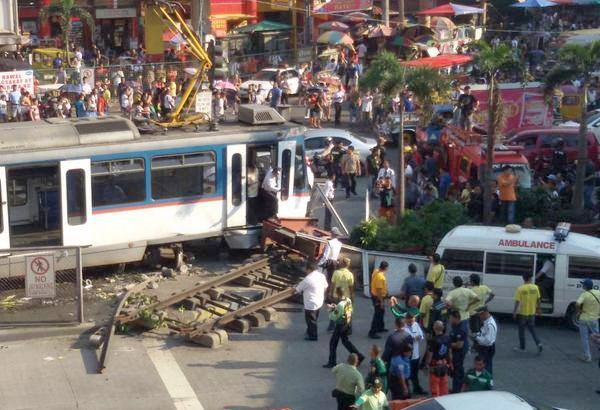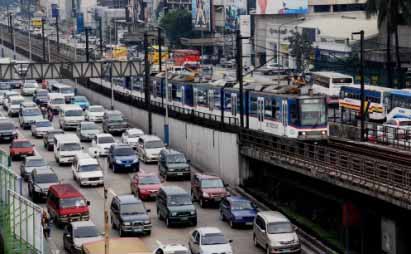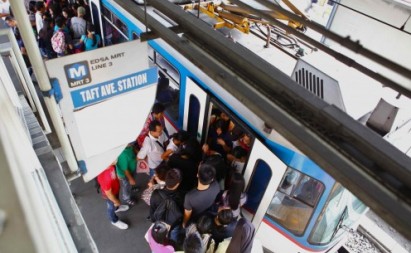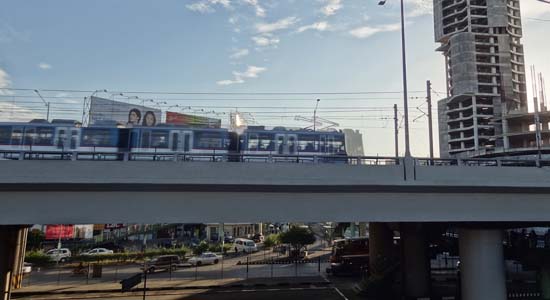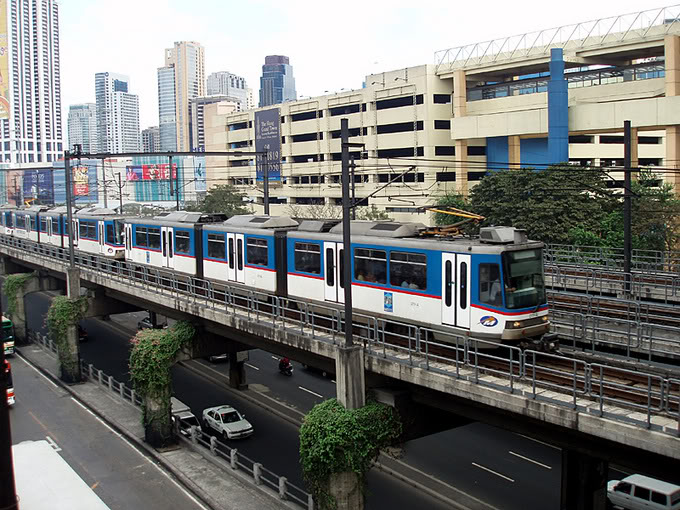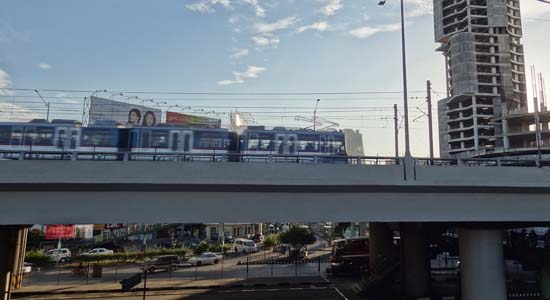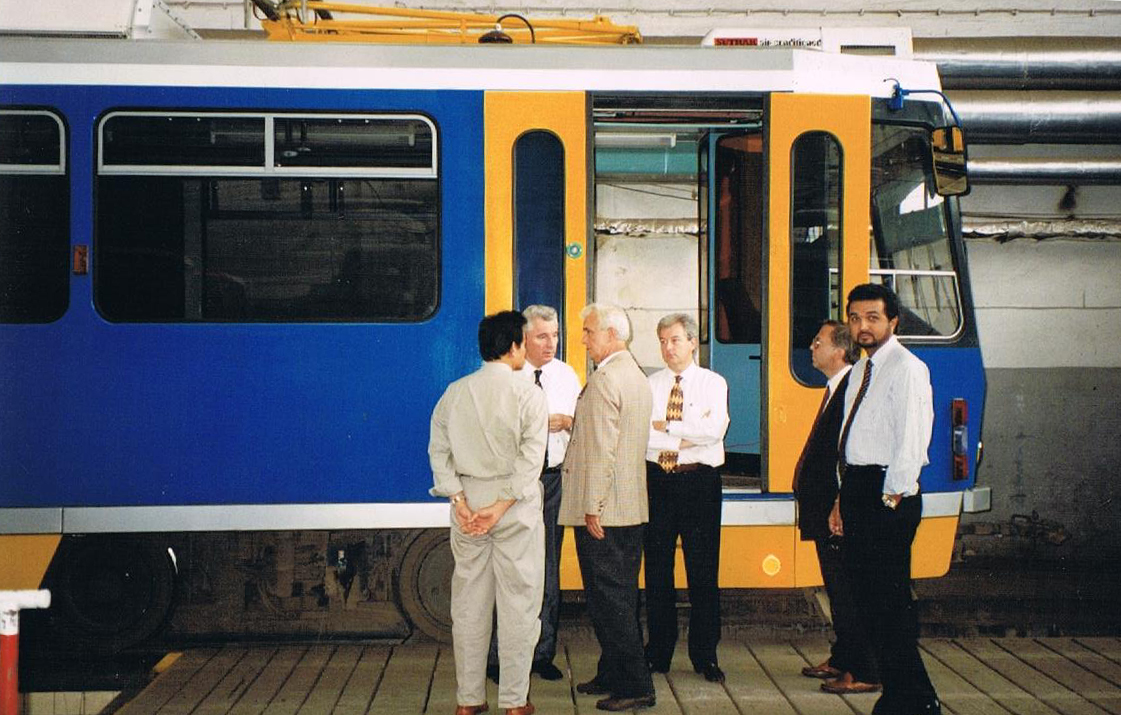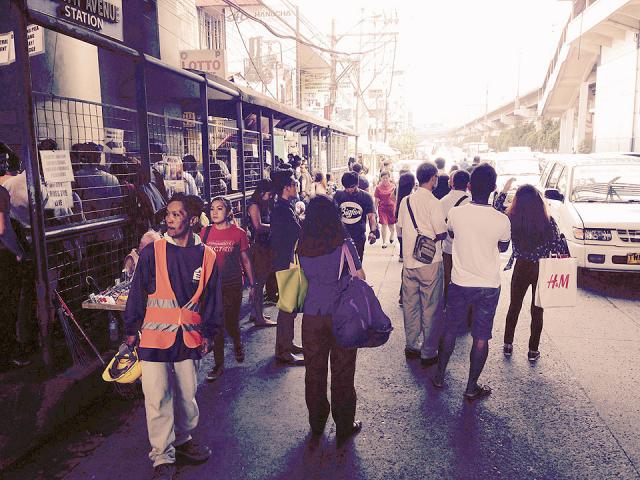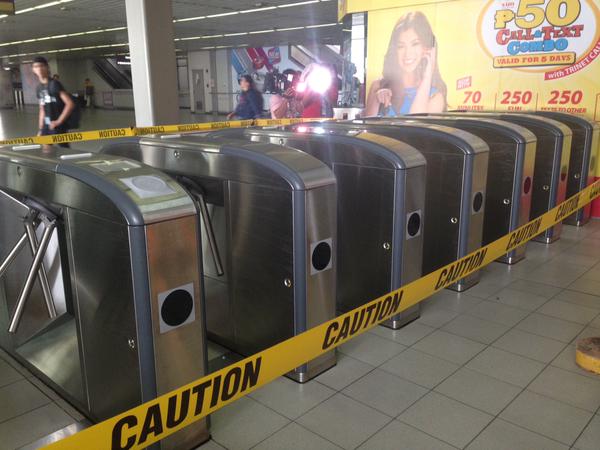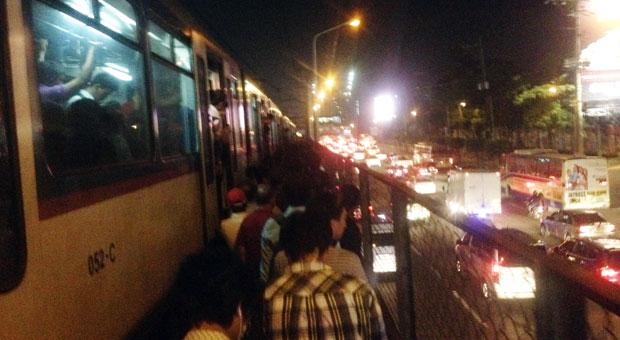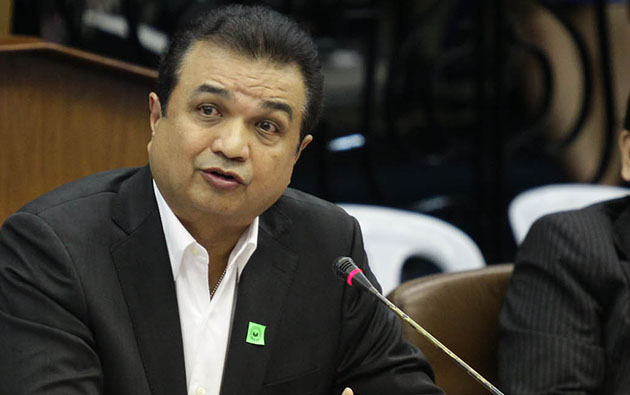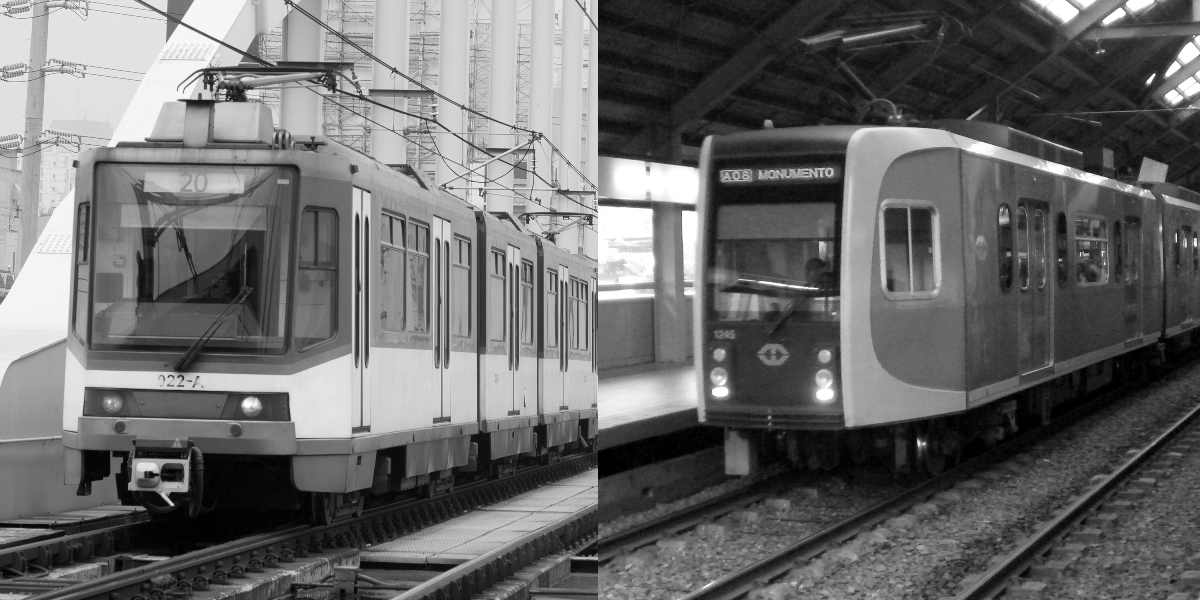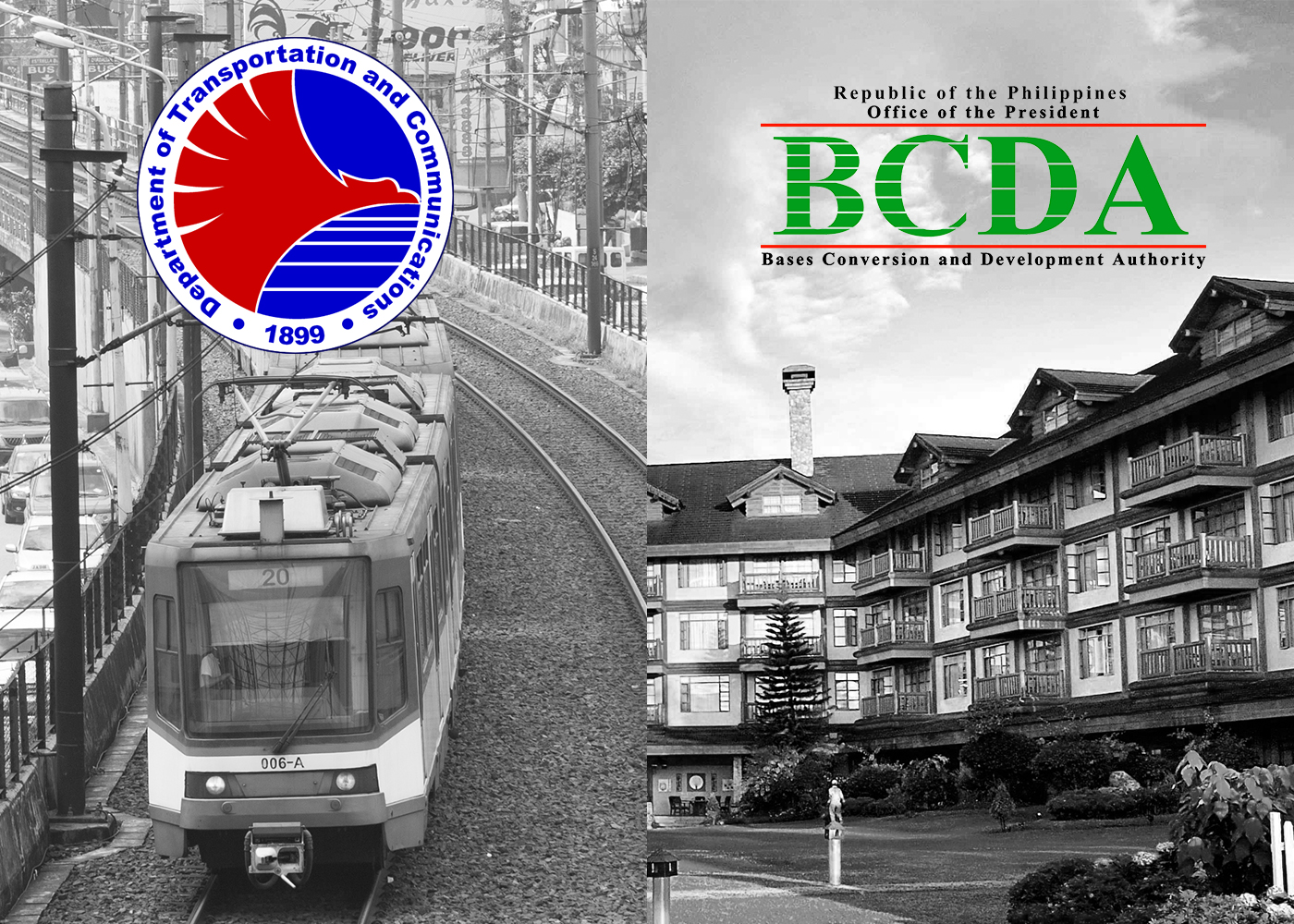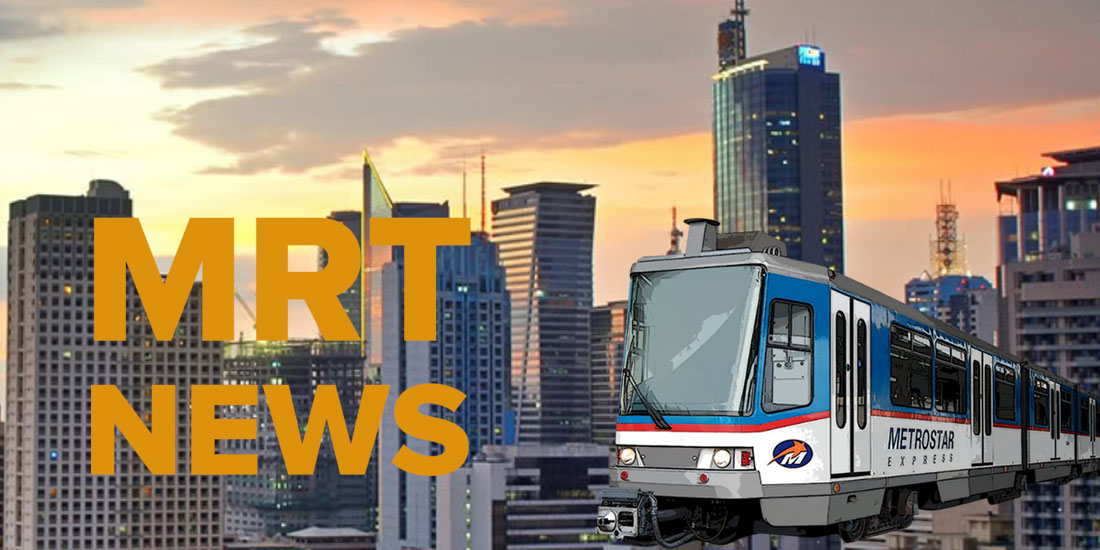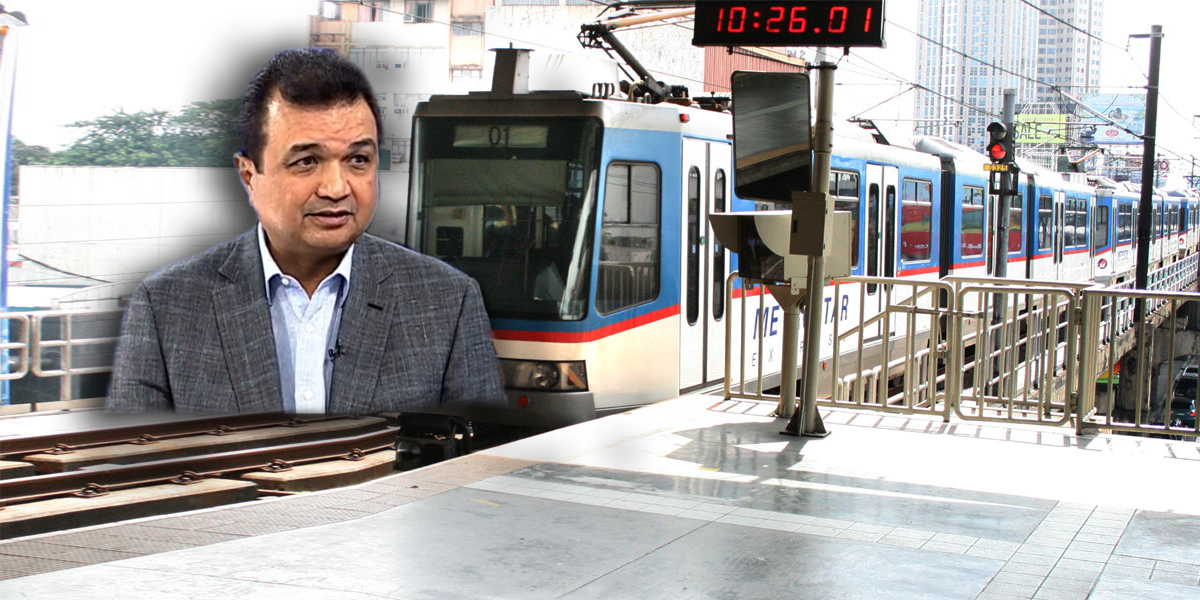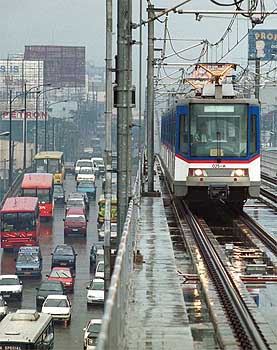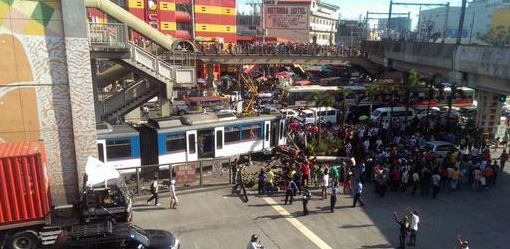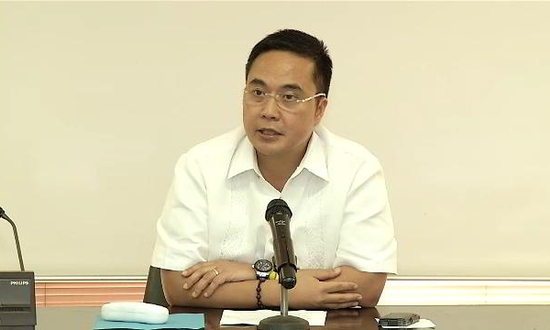By Jarius Bondoc | The Philippine Star | May 28, 2014
The issue at MRT-3 is not whether GM Al Vitangcol resigned or was fired Monday. He’s out, period. Focus now should be on the true issue: the railway’s maintenance — or the lack of it.
MRT-3 is a disaster waiting to happen. Any time, trains could collide, ignite, or fall off the elevated tracks onto busy EDSA below. Thousands of lives would be lost and limbs maimed if the mess persists. Documents and insiders attest that no real upkeep is being made of four components: power supply, trains, tracks, and signal system. Only one feature is assured somewhat: clean stations that hide from the 560,000 daily passengers the danger that lurks.
Lack of maintenance arose from Vitangcol’s grant of P517.5 million to his uncle-in-law Arturo Soriano’s PH Trams in Oct. 2012-Aug 2013. If he now babbles — that he didn’t know Uncle Art was an incorporator-director, or that the latter incredibly divested at the brink of or right after finagling a deal 828 times bigger than the two-month-old company’s P625,000-capital — is his right to defense.
A “new” service contractor, APT Global, took over for Aug. 2013-Aug. 2014, from the joint venture of PH Trams and CB&T. But PH Trams appears to be embedded in APT Global. Maintenance is still poor. Proof:
(1) Nov. 3, 2012, 3:30 p.m.: Fire broke out from explosions inside and underneath the middle tram of a three-tram train. Cause: electrical short-circuit of three electrical parts that, in periodic maintenance, PH Trams should have inspected and replaced.
(2) Mar. 19, 2013: MRT-3 stopped for two-and-a-half hours, as two high-voltage breakers at Magallanes and Taft stations tripped off. Cause: a surge arrester between the two stations snapped, cutting off power to the catenary (the stick atop that connects a train to the power line above). PH Trams’ initial excuse of a sagging Meralco power line proved false. Periodic inspection and replacement of surge arresters is among its contracted duties. Passengers had to be evacuated, commuters made to wait in long lines all over EDSA, and MRT-3 lost multimillion-pesos in ticket sales. It took days to replace the arrester, as PH Trams had none of the crucial spare part in its stock inventory, in breach of its contract.
(3) Nov. 25, 2013: A tram collided with a parked one at the depot. Reason: the APT Global driver was backing up from inside the tram, where he had no rearview, instead of from the holster outside. Damage reported on couplers, body, and chassis of both trams. It was not indicated if driver was authorized, much less trained.
(4) Mar. 20, 2014: Signal system flopped, particularly between Ayala and Buendia stations. APT Global ignored it. The signal system electronically connects each train to the central computers and to each other. It must never send wrong signals, lest trains automatically brake abruptly because misinformed that the tracks ahead are “Occupied” by others, when actually clear. Worse could occur — high-speed crash — if the system mis-signals a track to be “Unoccupied” and the train proceeds at full throttle.
(5) Mar. 22, 2014, 2:30 p.m.: System did mis-signal at the two busy stations, stopping all trains that needed to pass through and clogging the entire railway. MRT-3 lost revenues, as operations stood still for hours.
(6) Mar. 24, 2014, 6:30 a.m.: Mis-signaling recurred, again stopping MRT-3 operations. Till now it is unclear if the signal system maker, Bombardier, was called in to fix the problem. What’s known is that MRT-3 switched to manual signaling, that is, by walkie-talkie of personnel highly prone to human error.
(7) Mar. 26, 2014, 1 p.m.: A train leaving the Guadalupe station suddenly braked, slamming passengers against the tram walls and to the floors. Dozens were injured, some seriously, requiring hospitalization. Cause: the driver, who had to switch on the electronic signal system to open the tram doors at the station, forgot to switch it off again (to manual) before departure. The train mistakenly detected a red light, thus the sudden brake.
Aside from spotty preventive maintenance, inspection, spare parts replacement, and stock inventory, documents show worse. Metal tracks and train tires no longer are grinded, thus the rough rides. Cracked segments of tracks are not replaced with new ones, but with those “cannibalized” from the parking depot. Broken windshields are merely sprayed with sealant instead of replaced, posing risks to the passengers.
Since Jan. 2014 lines have become longer at the stations, under the sun or rain, because APT Global dispatches only 16 to 18 trains at peak hours, instead of the contracted 20-minimum. Vitangcol reported in Apr. that all 73 original trains supplied by a Czech firm 14 years ago are operational. Yet internal reports show that at least eight trams are down per week, and another six on average for longer periods.
Insiders aver that the contractors saw no need to maintain. For, the trains and tracks are due for major overhaul on the 15th year, in 2015, using funds to be appropriated by Congress.
“They don’t care if they run the railway to the ground,” a transport department official told The STAR. “They don’t care about the potential deaths and injuries.” Each tram at full capacity takes in 394 passengers, so each train 1,182.
That PH Trams is embedded in APT Global came from Transport Sec. Joseph Emilio Abaya himself, by press release in Aug. 2013. In announcing the new maintenance contract of P712.77 million, he “issued the Notice of Award to company representative Marlo dela Cruz.”
That same Marlo dela Cruz was chairman-incorporator of PH Trams in Aug. 2012.
Postscript: LRT-1 and -2 administrator Honorito Chaneco, Abaya’s high school classmate, has taken over Vitangcol for now. Since CB&T is the current maintainer of LRT-1 and APT Global of LRT-2, Chaneco must know the answer to this too: Why did the two veteran companies need to partner with inexperienced, undercapitalized PH Trams just to bag MRT-3 contracts?
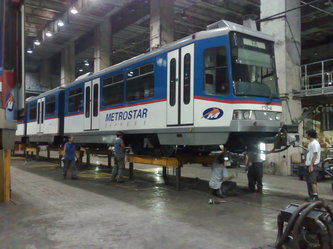
 Twitter
Twitter Facebook
Facebook